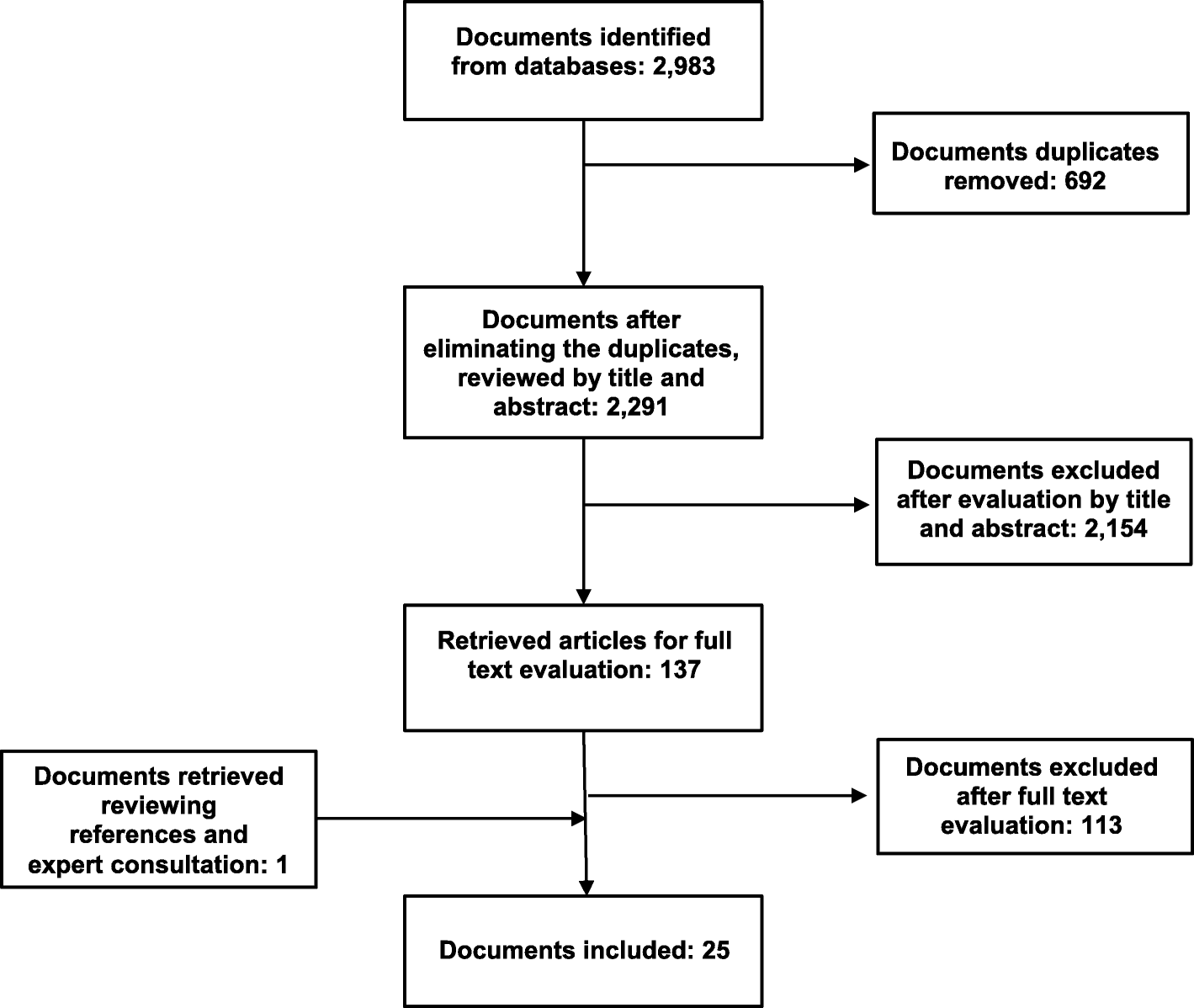AI-Generated Summary
Context and Background
This scoping review, published by BioMed Central, aims to explore the effects of the cohousing model on health and wellbeing. The authors include Juli Carrere, Alexia Reyes, Laura Oliveras, Anna Fernández, Andrés Peralta, Ana M. Novoa, Katherine Pérez, and Carme Borrell. Their research highlights the significance of housing as a social determinant of health, recognizing the adverse effects that traditional housing can impose on individuals and communities.
Cohousing and Health
Cohousing is defined as a community living arrangement that combines private and communal spaces, promoting social interaction and support. The review synthesizes findings from 25 studies conducted in high-income countries, analyzing 77 different cohousing projects. Notably, 10 of these studies focused on the impact of cohousing on physical and mental health, with eight demonstrating a positive association. Furthermore, 22 studies examined psychosocial determinants of health, such as social support and a sense of community, showing similar positive outcomes.
Research Methodology
The researchers conducted thorough literature searches across multiple databases, including PubMed, ProQuest, and Scopus, without geographical limits. They included peer-reviewed articles published from 1960 onwards that analyzed health outcomes related to cohousing. The review process involved three sequential screening phases, ensuring a comprehensive selection of relevant studies.
Key Findings
The review's findings indicate that cohousing can enhance health and wellbeing, primarily through psychosocial pathways. Increased social support, a stronger sense of community, and reduced social isolation are crucial factors contributing to improved health outcomes. However, the evidence quality remains low, with many studies being cross-sectional or qualitative, limiting causal interpretations.
Target Populations
Cohousing projects predominantly target intergenerational populations, with 62% of the studied projects aimed at a mix of age groups. The review also highlights the positive impact of cohousing on the elderly, particularly in reducing feelings of loneliness and enhancing quality of life.
Research Gaps and Recommendations
Despite the positive associations, the review identifies significant gaps in the existing literature. Most studies focus on psychosocial determinants, with limited exploration of objective health measures. Future research should aim to assess the health effects of cohousing through more robust methodologies, including longitudinal studies that can provide clearer evidence of its impact.
The Future of Cohousing
The resurgence of the cohousing model in various countries is attributed to a growing desire for community connection and a rejection of consumerist lifestyles. As a potential alternative to traditional housing arrangements, cohousing may also address housing affordability and security, benefiting public health overall. However, there are concerns that promoting this model could inadvertently increase social and health inequalities, as access may be limited for disadvantaged populations. In conclusion, this scoping review presents a comprehensive overview of the relationship between cohousing and health outcomes. It serves as a valuable resource for policymakers and researchers interested in sustainable housing solutions that foster community well-being.
